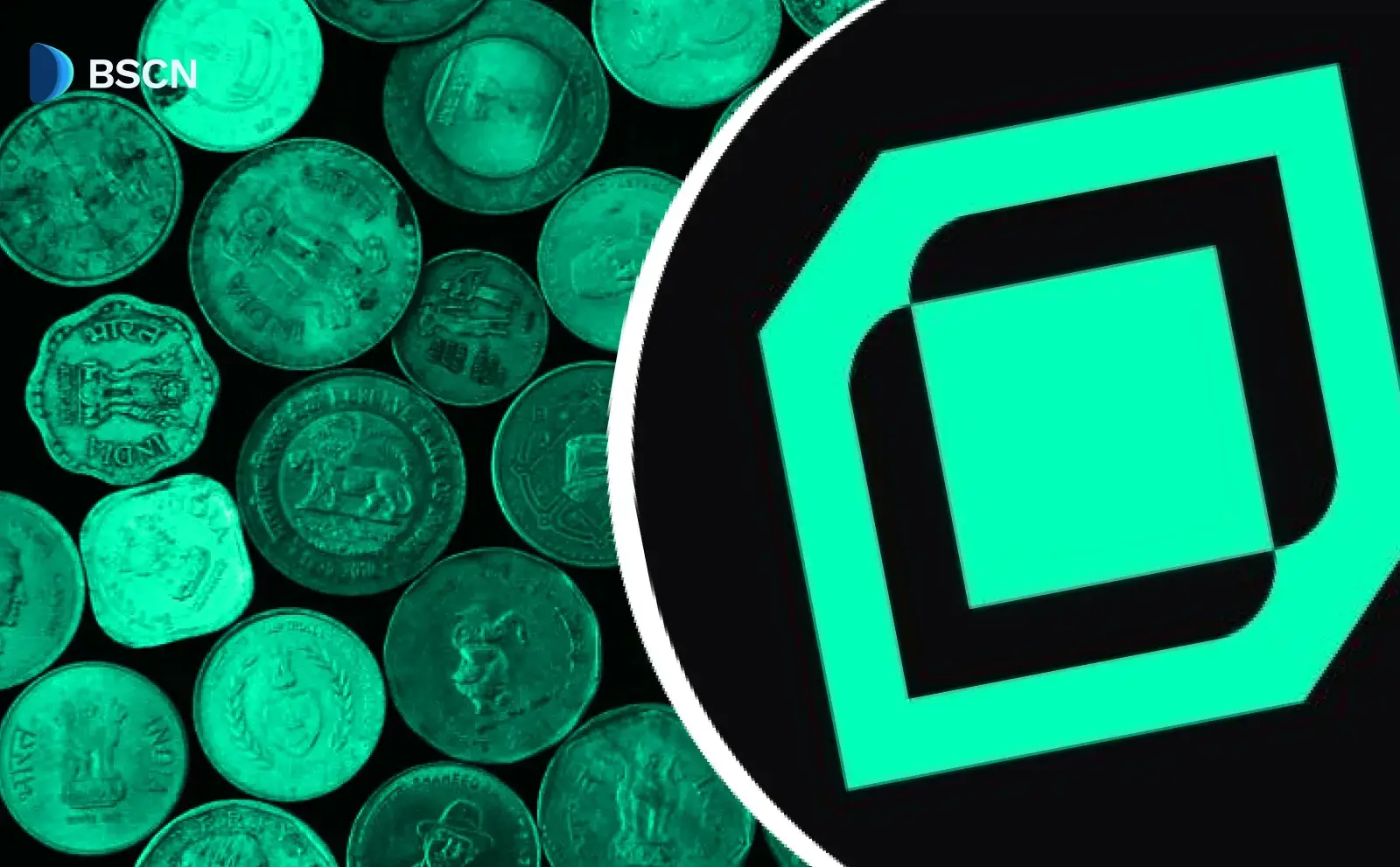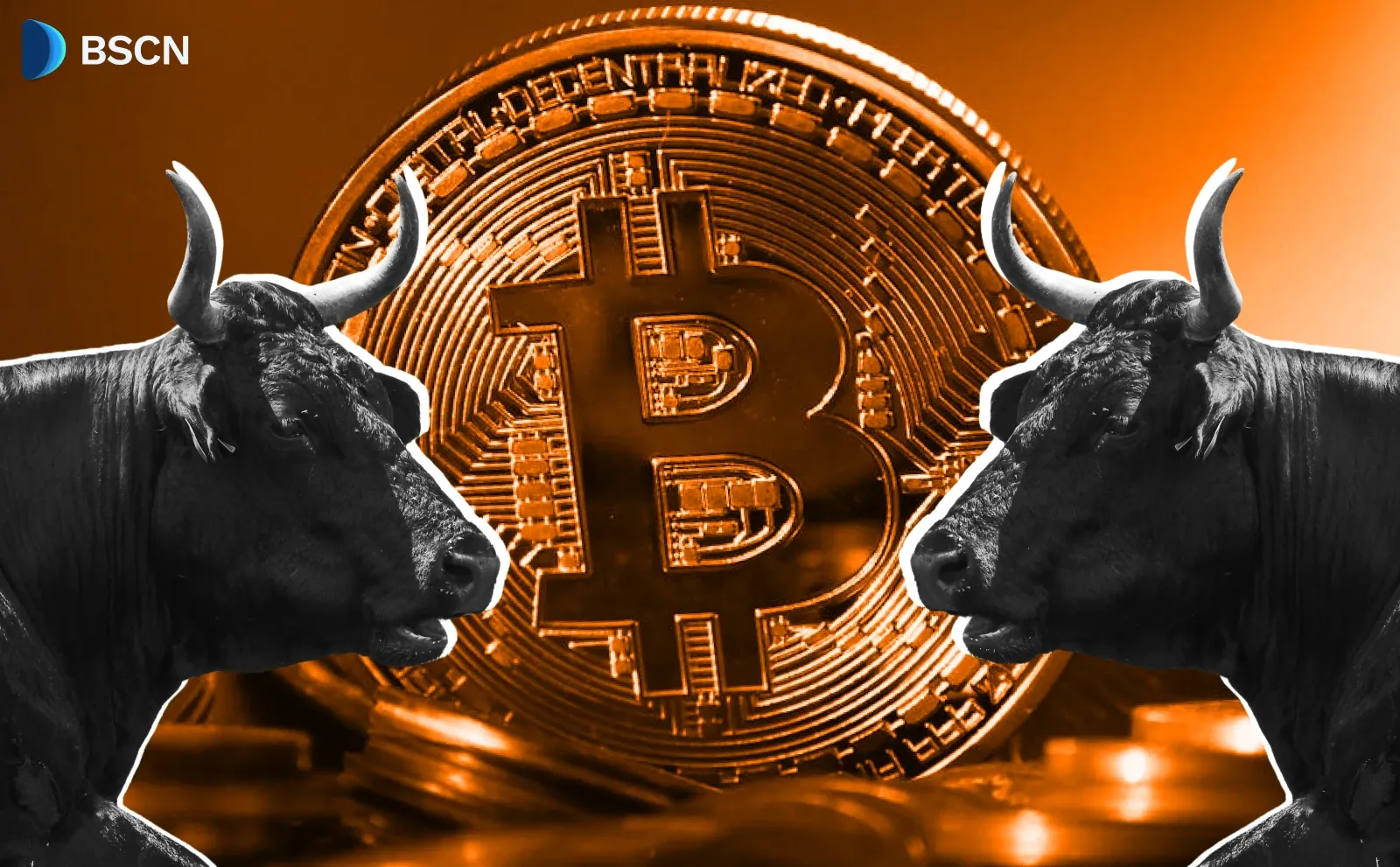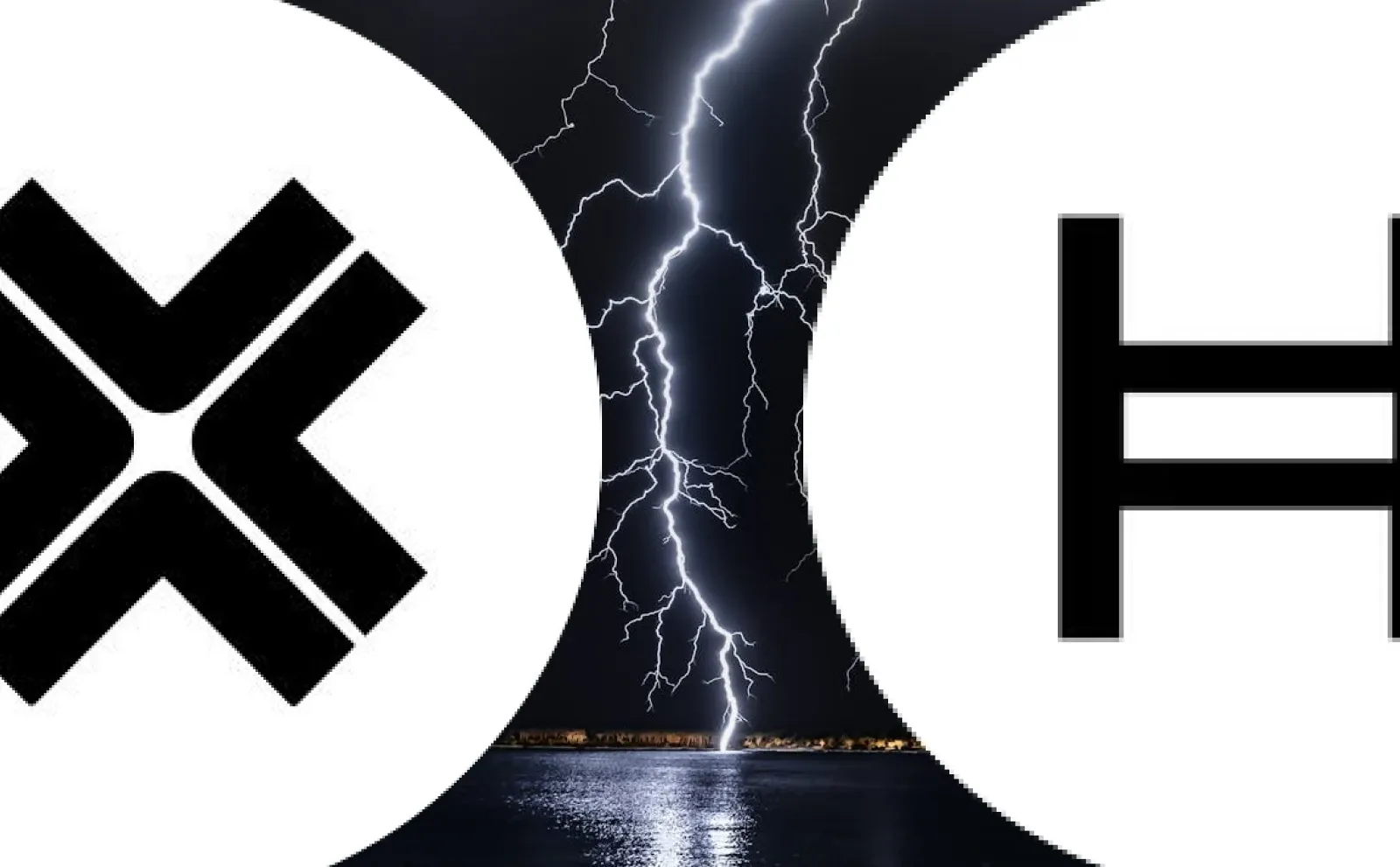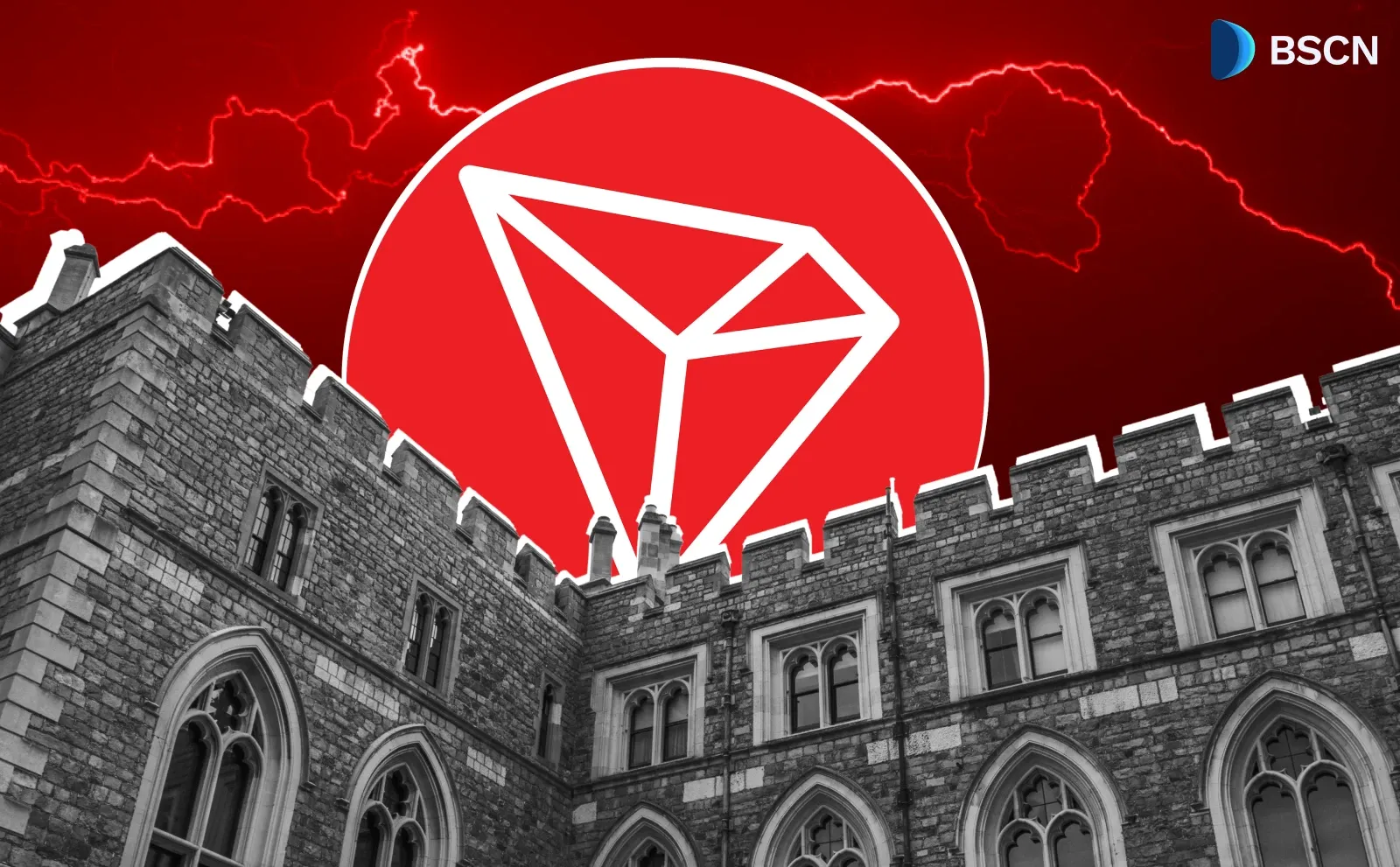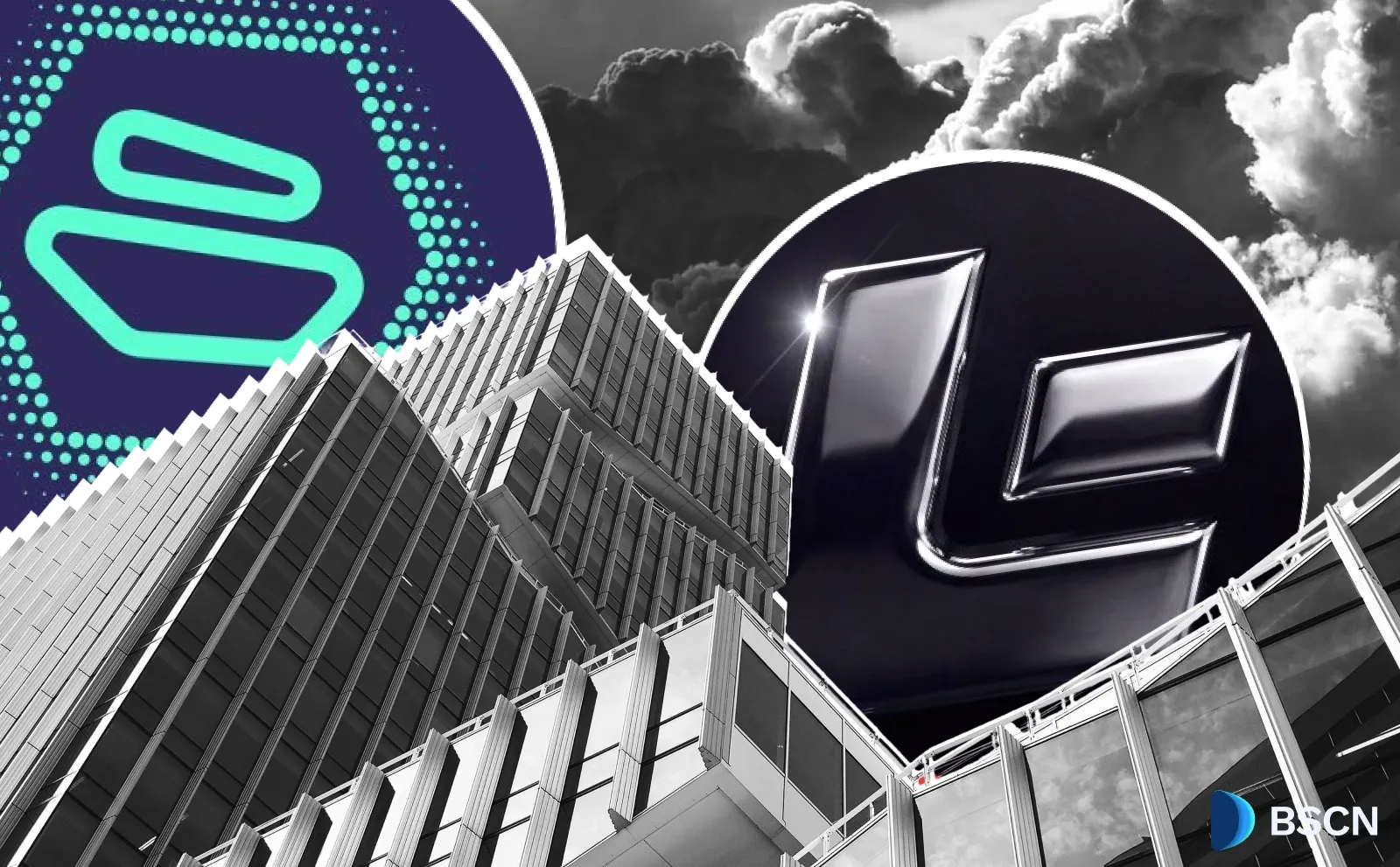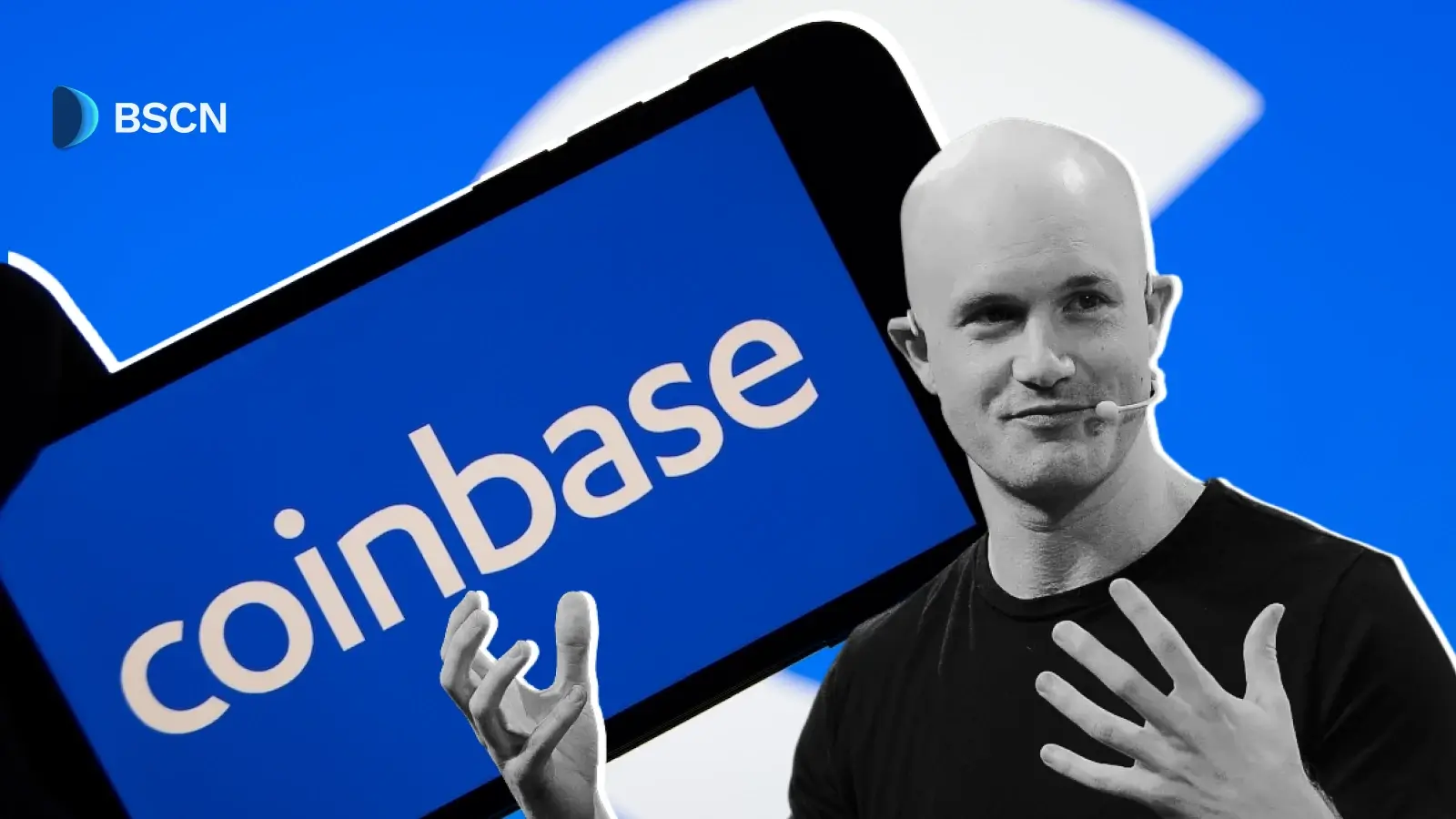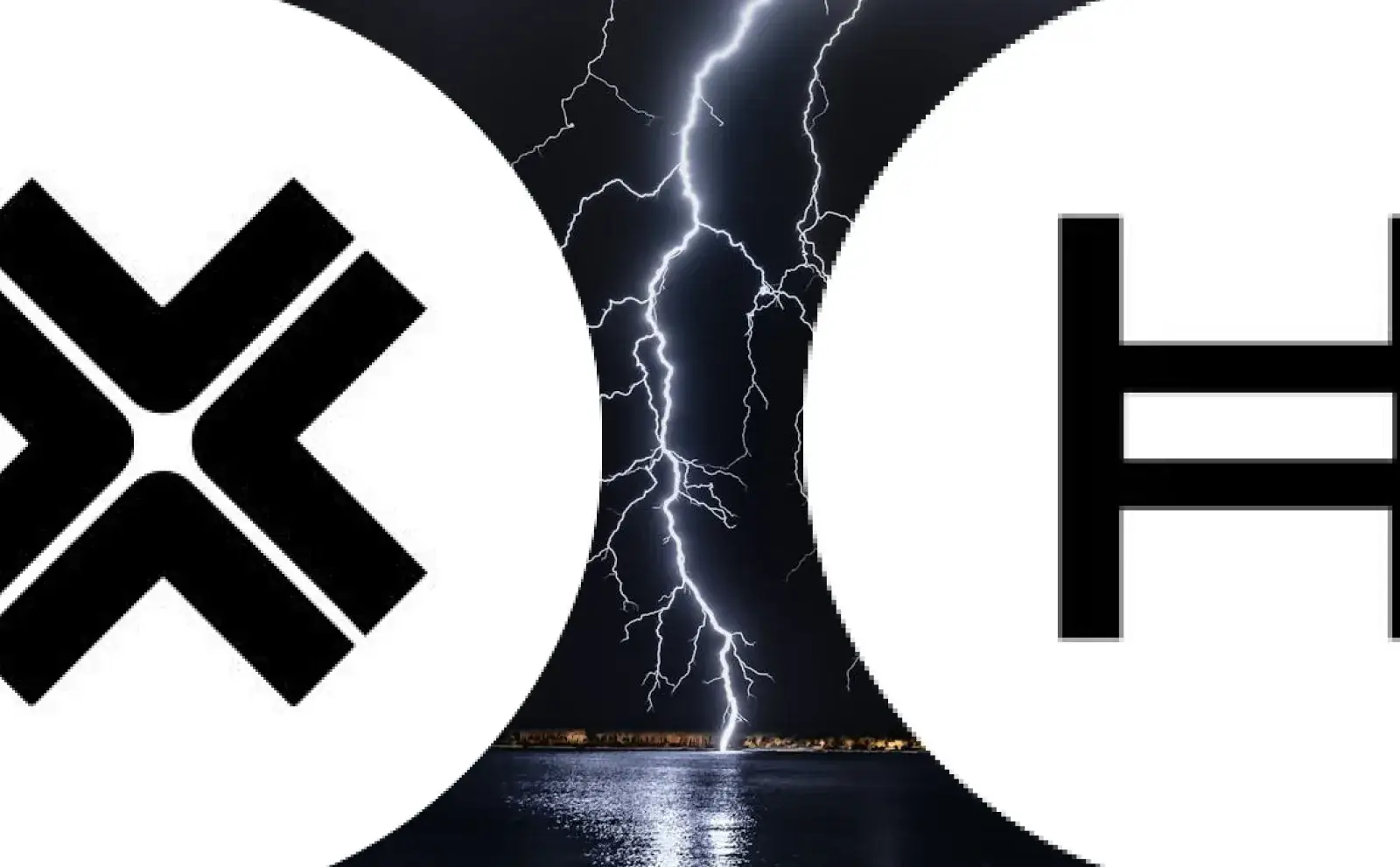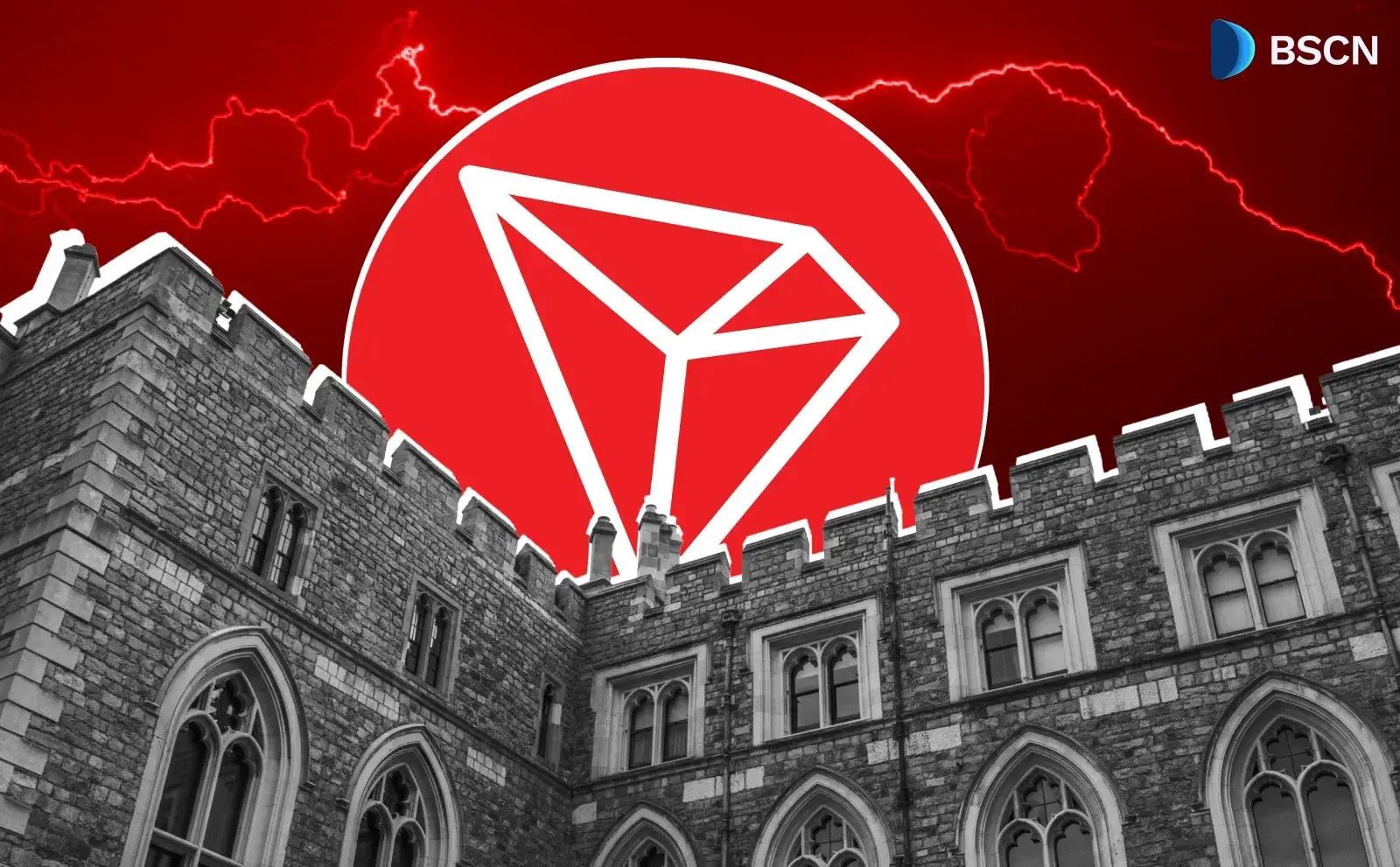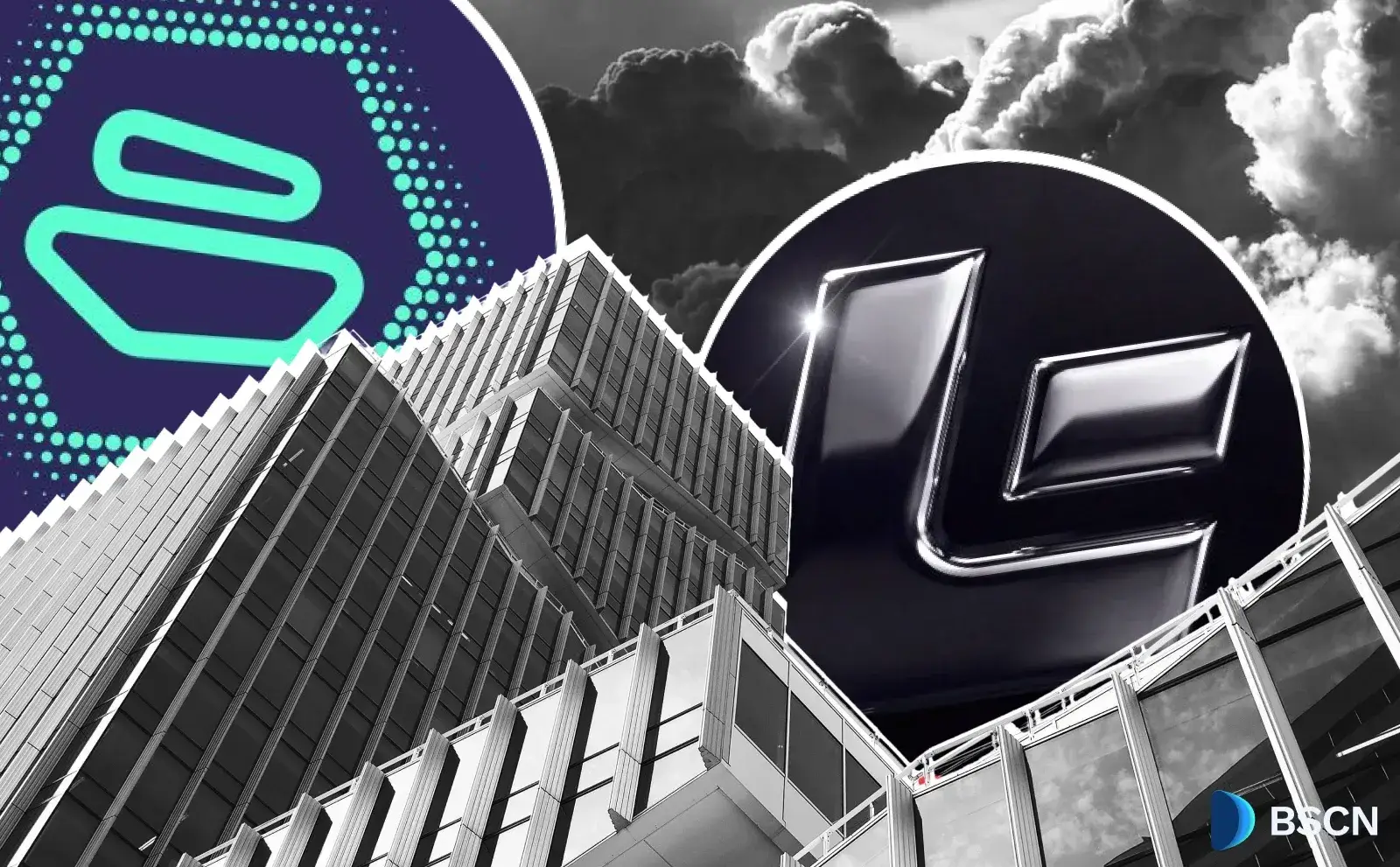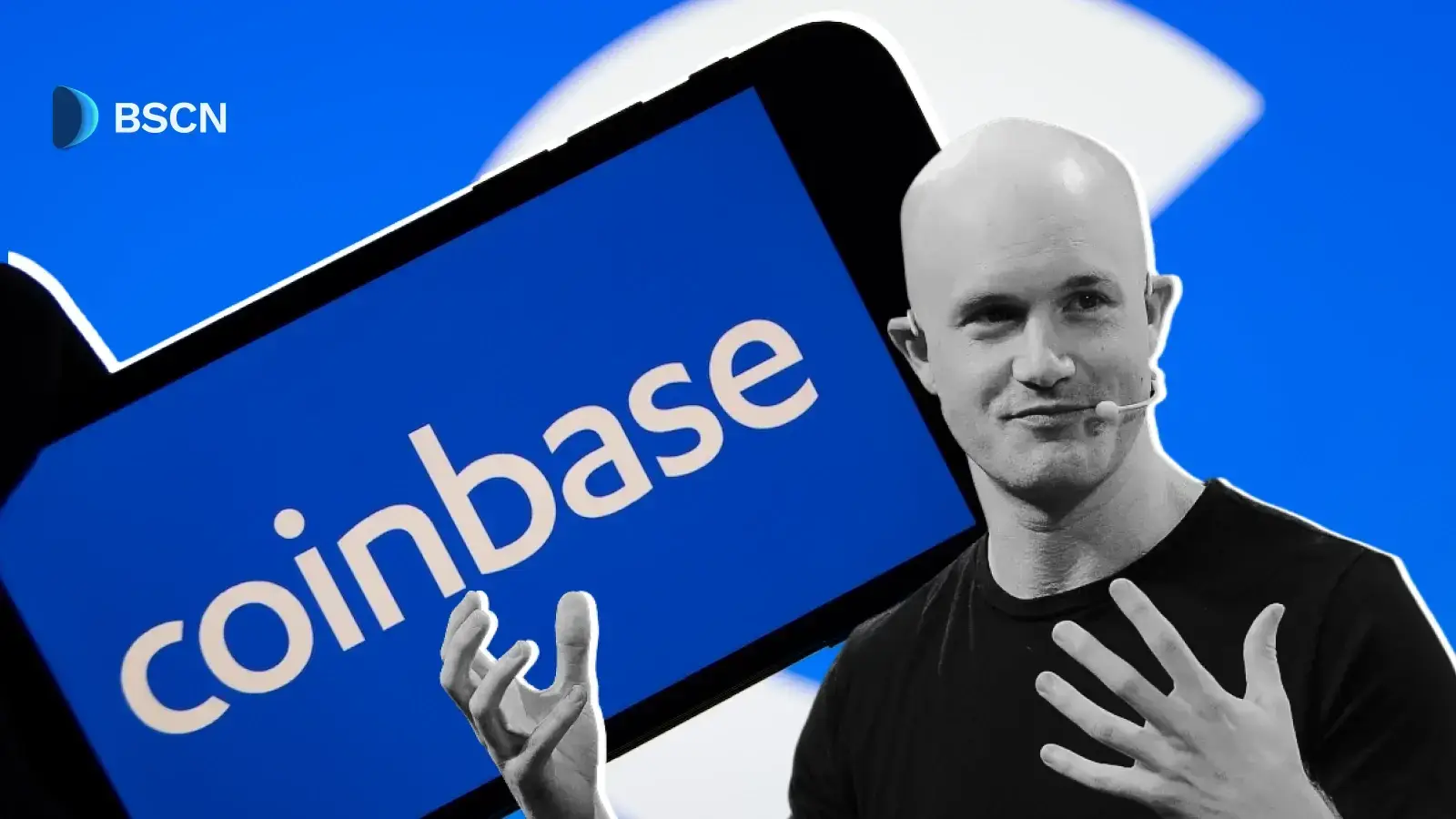Project Insight: Hashflow — Opening Doors to a New Era of Decentralized Finance?

Hashflow has garnered attention for its user-friendly approach with key features, including the Request-for-Quote (RFQ) model and bridgeless cross-chain swaps, emphasizing its competitive edge in the market.
BSCN
November 7, 2023
Table of Contents
Summary:
- Hashflow offers seamless and low-fee crypto transactions, making it an attractive option for traders.
- The Hashflow team boasts diverse expertise, including a founder with a background at NASA and a software engineer from Facebook.
- The successful Series A funding round in 2022 raised $25 million, reflecting strong investor confidence.
- Hashflow employs a Request-for-Quote (RFQ) model, connecting users with private market makers to streamline trading and offer competitive prices.
- Bridgeless cross-chain swaps and transparent pricing are standout features, reducing the complexity and risks in trading.
- The Hashverse, a gamified DAO and governance platform, enhances user engagement.
- Hashflow has showcased resilience in trading volumes, surpassing $15 billion in lifetime volume.
- Performance on Ethereum remains strong, with a 22% increase in volume despite a 24% DEX volume drop.
- Hashflow's ecosystem involves HFT tokens, used for governance, incentives, and community engagement.
- Recent updates include the introduction of platform fees, partnerships to enhance accessibility, and the unlocking of 160 million HFT tokens.
Cryptocurrency trading has become a compelling avenue for profit generation, particularly in the wake of the bullish market trends witnessed in recent times. In this landscape, both centralized and decentralized exchanges vie for attention. Hashflow stands out as a compelling contender for those looking for a decentralized exchange (DEX).
With the promise of facilitating seamless and hassle-free crypto transactions, Hashflow has garnered attention for its commitment to providing a decentralized platform that minimizes fees and eliminates the complexities associated with slippage.
Hashflow allows users to link their crypto wallets to their Hashflow accounts, facilitating instant and secure asset exchanges. Therefore, Hashflow has become an attractive option for crypto enthusiasts and investors seeking a convenient and streamlined way to trade cryptocurrencies.
While it may not cater to every trader's needs, its distinctive benefits warrant a closer look. But before we go further, let's learn more about the Hashflow team and its funding.

Hashflow Team: Expertise Steered by Visionaries
The driving force behind Hashflow's success lies in its accomplished team, comprising individuals with diverse backgrounds and extensive experience in their respective fields.
Varun Kumar, the CEO and founder of this venture, has prior experience working as an aerospace engineer at NASA, demonstrating his commitment to precision and innovation. Assisting him in steering Hashflow forward is Victor Ionescu, a seasoned software engineer who has worked for companies like Facebook and Airbnb.

Further, Vinod Raghavan, whose rich consultancy experience at renowned financial institutions like Morgan Stanley, JPMorgan Chase, and Goldman Sachs, provides strategic insight. Additionally, Hashflow's technical prowess can be attributed to the diligent efforts of its software developers and engineers.
Funding Success: Empowering Growth and Innovation
With its successful Series A funding round in July 2022, Hashflow's journey to become a prominent player in the decentralized exchange arena received a significant boost. An impressive $25 million was raised from prominent backers in the crypto and finance sectors, including Jump Crypto, Wintermute Trading, Electric Capital, Dragonfly Capital Partners, and Balaji Srinivasan. Notable participation from key industry players, including Coinbase Ventures, Kraken Ventures, LedgerPrime, GSR, Kronos Research, Altonomy, Meltem Demirors, Anthony Sassano, and Jason Choi, further solidified the project's credibility and potential.
To date, Hashflow has received $28.2 million in funding, which signals investor confidence.

Working of the Hashflow Platform
Hashflow stands out by offering a user-friendly trading system that combines on-chain and off-chain trading methods. Now let's get into the details.
The Request-for-Quote (RFQ) Model
At the heart of Hashflow's system is the Request-for-Quote (RFQ) model, a departure from the automated market maker (AMM) model utilized by many DEXs. Hashflow connects users with private market makers who act as liquidity providers. These market makers are individuals or entities responsible for creating liquidity pools and offering competitive quotes. When users initiate a trade, they are connected to these market makers, who execute the transactions. This approach streamlines the trading process and ensures that users enjoy competitive prices without the need for complex automation.
Bridgeless Cross-Chain Swaps
Hashflow's flexibility shines through with its bridgeless cross-chain swaps. These swaps enable users to exchange one cryptocurrency for another across different blockchains without intermediaries or token bridges. For example, you can trade Ethereum (ETH) for Bitcoin (BTC) directly. This convenience is further enhanced by eliminating the requirement for blockchain bridges, which often introduce security risks such as hacks and scams.
Transparent and Upfront Pricing
One of Hashflow's core principles is the assurance of transparent and upfront pricing. The platform operates with zero slippage protocols, meaning that the price users see when initiating a transaction is the price they pay.
This approach eliminates the risk of sudden price fluctuations during the transaction process, ensuring a seamless trading experience. Moreover, Hashflow significantly reduces trading fees, sparing users from incurring a percentage of their transaction value as fees, making it an ideal choice for traders looking to capitalize on minor market movements without additional costs.
The Hashverse: A Gamified DAO and Governance Platform
A noteworthy addition to Hashflow's ecosystem is the Hashverse, a decentralized autonomous organization (DAO) and governance platform. What sets the Hashverse apart is its innovative integration of gamification and storytelling elements. The Hashverse was created in collaboration with Superconductor, a renowned Hollywood creative team that transports players into a dystopian future where token staking maintains their health.
The platform gives users the opportunity to vote on upgrades and operational aspects.

Let's find out how the Hashflow platform has been performing lately.
Analyzing Hashflow's Current Performance
Hashflow has recently celebrated significant milestones while weathering the storm of fluctuating market conditions. Let's delve into the comprehensive analysis of Hashflow's current performance and key metrics across various deployments and network activities.
Robust Trading Volumes Amidst Market Challenges
In the midst of a challenging quarter that witnessed a general decline in trading volumes across the crypto landscape, Hashflow showcased resilience. Notably, Hashflow surpassed $15 billion in lifetime trading volume, a testament to its enduring popularity and user confidence.
Despite the overall decline, Hashflow experienced notable growth on the Ethereum network, with trading volume reaching over $1.18 billion, marking a 22% increase from the previous quarter. This growth was notable, especially considering the 24% decline observed in DEX volumes on the Ethereum network during the same period.

Deployment Analysis: Peaks and Valleys
While Hashflow's performance on the Ethereum network remained robust, its deployments on Polygon, BNB Chain, and Avalanche experienced a decline in trading activity. The combined trading volume from these three deployments fell below $50 million, indicating a significant downturn from the $600 million recorded in the same quarter of the previous year. However, Hashflow's deployment on Arbitrum, the second largest by volume, saw a relatively marginal decline of 31% to $295 million.
Growing Influence of Aggregators and RFQ Model
An interesting shift was observed in the share of Hashflow volume from aggregators, increasing from 70% to 78% in the third quarter. This rise can be attributed to the platform's unique Request-for-Quote (RFQ) model, which consistently delivers lower prices compared to its competitors.
October Surges: A Promising Outlook
The month of October brought encouraging news for Hashflow, with trading volumes soaring to over $84 million on October 24, marking the highest trading activity in the past 12 months. This surge points to the sustained momentum and growing user interest in the platform's offerings.

Understanding the HFT Token Ecosystem
The HFT token lies at the heart of Hashflow's ecosystem, serving as the native token for both the Hashflow protocol and the Hashverse governance platform. As part of the Hashflow ecosystem, this intrinsic token system shapes the governance framework, incentivizes active participation, and fosters a thriving community.
Governance and Decision-Making
HFT holders wield significant influence within the Hashflow protocol, actively participating in the governance process and decision-making mechanisms. The voting power is directly tied to the amount of HFT staked and the duration of the stake, empowering users to contribute to the evolution and development of the platform. By staking HFT, users play a pivotal role in shaping the trajectory of Hashflow, contributing to its continued growth and strategic development.
Incentivizing Community Engagement
Hashflow is committed to fostering community participation and engagement through its ongoing incentive program. Approximately 8% of the entire HFT token supply is allocated to this initiative. Users can earn rewards by actively trading on Hashflow, with incentives varying based on the type of trading. Whether trading stablecoins or other cryptocurrencies, liquidity providers and market makers can earn their fair share of incentives, enhancing the platform's sense of community and collaboration.
The HFT Token Landscape
With an initial supply of 1 billion tokens, the distribution of HFT tokens is meticulously structured to ensure balanced ecosystem development and sustainable growth. The allocation of tokens spans diverse categories, including core team allocation, early investor allocations, future hires, and a comprehensive ecosystem development plan that encompasses various strategic initiatives.
The token distribution is as follows:
- 53.18% - ecosystem development
- 25% - early investors (four-year vesting)
- 19.32% - core team (four-year vesting)
- 18.54% to ecosystem partners
- 13.08% to community rewards (NFTs + rake the rewards + exchange distribution)
- 9.54% for future community rewards
- 7.50% to designated market maker loans
- 2.52% to vendors and early service providers
- 2.5% - future hires (four-year vesting)
- 1.00% to the community treasury
- 1.00% for Hashverse rewards

An Overview of Hashflow's Recent Updates
Introducing Platform Fees for Sustainable Growth
In a strategic move aimed at solidifying its revenue model and fortifying the Hashflow ecosystem, the platform announced the implementation of fees on November 1. This pivotal decision not only establishes the first revenue stream for the protocol but also offers added benefits to the community of HFT token stakers, as directed by the Hashflow DAO.
Strengthening Accessibility through Strategic Partnerships
Hashflow's focus on enhancing accessibility and user convenience was exemplified through its strategic partnership with MoonPay, a leading Web3 infrastructure company, announced in May. This collaboration facilitated the seamless integration of crypto on-ramps to the exchange, enabling users to purchase digital assets using credit cards and bank transfers across 160 countries.
Unlocking Tokens and Nurturing Ecosystem Development
A recent milestone in the HashFlow ecosystem was the unlocking of 160 million HFT tokens, valued at $44.8 million. This unlocking event marked a significant phase in the platform's growth trajectory, as it allocated these tokens for various purposes within the ecosystem. Notably, the distribution of unlocked tokens encompasses allocations for early investors, ecosystem development, the core team, and community rewards.
The Future of Decentralized Trading?
Hashflow's comprehensive roadmap highlights incorporating cutting-edge features and fostering a dynamic ecosystem.
From cross-chain NFT trades to the introduction of exchange-traded funds (ETFs) in the road map, Hashflow aims to revolutionize the trading experience, facilitating seamless and secure transactions that transcend traditional boundaries and enable users to capitalize on a diverse range of investment opportunities within the crypto landscape.
At its core, Hashflow remains dedicated to facilitating seamless and secure trading experiences, exemplified by its commitment to commission-free transactions and transparent market pricing. By leveraging an RFQ mechanism that empowers expert market makers to control liquidity pools, Hashflow enhances the efficiency, security, and accessibility of financial products within the DeFi ecosystem.
Through innovation, user-centric features, and transparent trading practices, Hashflow continues to pioneer a new era of decentralized trading. By advancing the future of decentralized finance and empowering users to navigate the complexity of the digital asset landscape, it strives to be a leader in cryptocurrency trading.
Read Next...
Disclaimer
Disclaimer: The views expressed in this article do not necessarily represent the views of BSCN. The information provided in this article is for educational and entertainment purposes only and should not be construed as investment advice, or advice of any kind. BSCN assumes no responsibility for any investment decisions made based on the information provided in this article. If you believe that the article should be amended, please reach out to the BSCN team by emailing [email protected].
Crypto Project & Token Reviews
Project & Token Reviews
Comprehensive reviews of crypto's most interesting projects and assets
Learn about the hottest projects & tokens
Latest Crypto News
Get up to date with the latest crypto news stories and events




